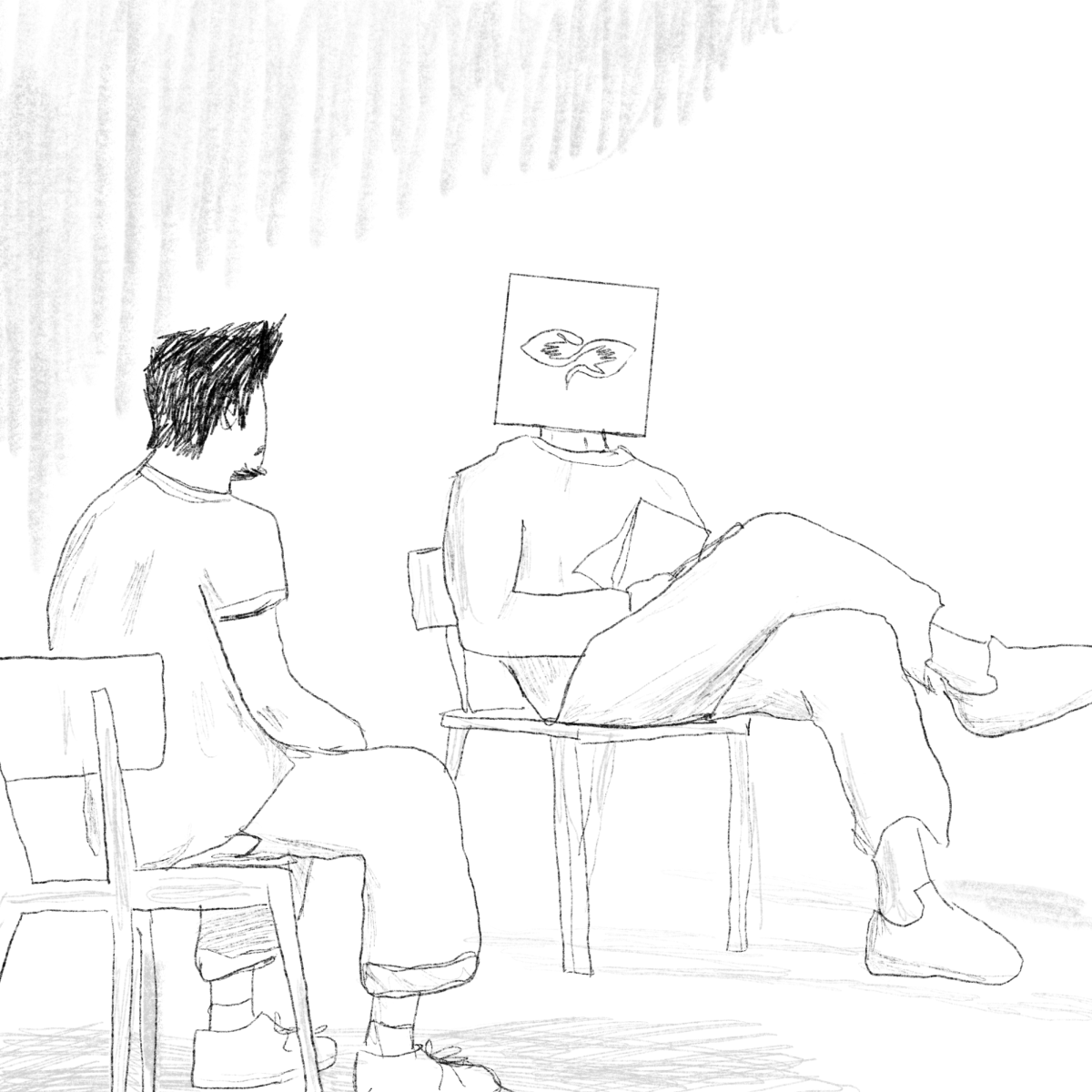As a result of the hyrid semester and optional on-campus housing, student organizations are responsible for making their outreach efforts more visible to everyone, on-campus or not.
For Gabriella Garriga, President of Trinity Diversity Connection (TDC) this challenge has allowed for more collaboration with other student organizations.
“[A part of what we do is] acting in solidarity, whether that’s with student organizations or with larger movements, like the Black Lives Matter movement. We do that like with our statement that we put out this summer with Black Student Union and African Student Association,” Garriga said.
Not only do organizations have to make their outreach efforts hybrid, but they must also manage their members and retain participation.
With classes being offered on Zoom, students are experiencing ‘Zoom fatigue.’
“I think people get Zoom fatigue. It’s so much harder to attend an event that you’re not required to go to; even if you’re super interested in it, it’s just tiring,” Garriga said.
Garriga suggested that a way to combat Zoom fatigue and increase student engagement is to meet on other virtual platforms that aren’t Zoom. The Black Student Union (BSU) created a GroupMe specifically for first-years and have been able to reach many incoming students and welcome them into their community.
Kirsten Iyare, president of BSU, wanted to focus on first-year outreach so that the new students could recognize upperclassmern around campus and begin building connections.
“[The goal is] making freshmen know they are important and do matter… to build a relationship for them before they come on campus,” Iyare said.
The GroupMe created by BSU is for Black students and allies, including those interested in learning about the Black community at Trinity.
“[It’s for] any type of grievances they have and [to] create fellowship and community.”
The GroupMe also allows BSU to advertise upcoming events, such as BSU’s upcoming Labor Day Game Night.
While on-campus life has shifted due to the pandemic, the changes all haven’t been negative. There seems to be a rise in student engagement, especially with activist causes and student organizations, according to student leaders.
“A lot of people have joined the community recently and [are trying] to figure out ways they can all come together as a unit to figure out change. In the midst of a pandemic with people dispersed everywhere, we as students react and [try] to figure out how to be an activist in our own right as well as Trinity students,” Iyare said.
A feature offered by Zoom is the ability to record meetings and events, which TDC has found provides more accessibility for students.
In a time where most of us are not in the same physical space, the online communities created by these activist spaces provide a new way for students to connect virtually and meet others with similar passions and goals.
Getting involved with student organizations in any way possible allows for more connection and community building, despite the physical barriers that are in place



